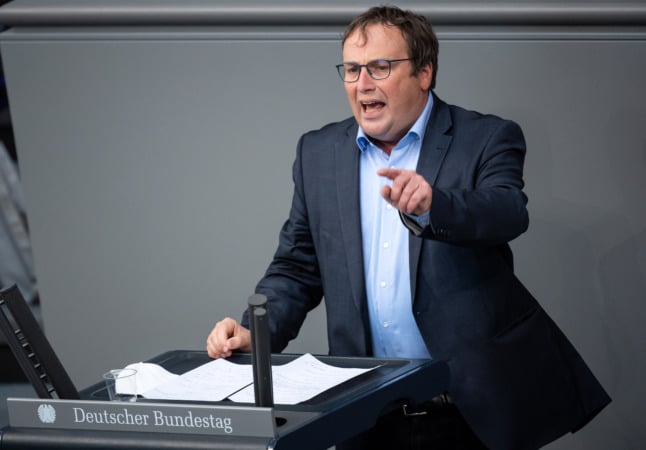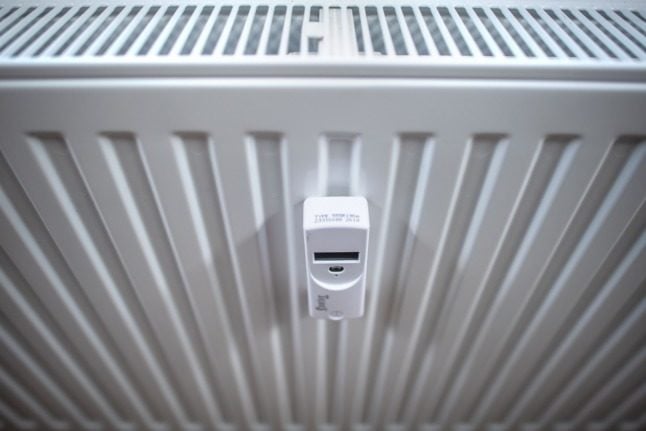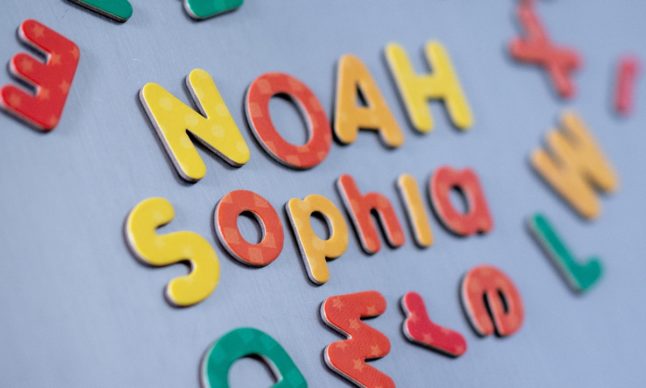The government says it wants to put a stop to short-notice terminations of electricity and gas contracts by low-cost providers as well as sudden price hikes.
“We must not leave consumers out in the cold like this again,” Oliver Krischer (Greens), Parliamentary State Secretary in the Federal Ministry of Economics, told DPA in Berlin. “This was and is a great burden for many people and a huge shock to suddenly find a notice of termination from the gas or electricity provider in the letterbox.”
Krischer also announced that the there would be uniform tariffs for basic energy supply in future, so that new customers do not face bills that are twice or three times as high as those paid by existing customers.
“Split basic-supply tariffs are in the end just make additional work for the courts, which we want to avoid,” he said.
Split tariffs are when an energy provider offers different rates for new and existing customers.
READ ALSO: How households in Germany can tackle rising energy costs
In addition, energy providers will have to give their customers several months’ notice if they decide to cancel their energy contracts so that people have time to look for a new supplier.
With energy prices soaring over the past year, struggling low-cost providers have cancelled thousands of contracts at short notice, leaving customers grappling to organise a new contract at an affordable rate.
These consumers then tend to automatically move to the the so-called substitute supply with a basic supplier in their area – but often have to pay significantly more for this back-up service.
The newly formed Ministry for Energy and Economics, which is run by the Greens, wants to stop this from happening.

“There is a need for action,” said Krischer. “We therefore want to raise the hurdles for discontinuing supply and put the instrument of basic and substitute supply on a new footing.”
He added that the ministry would also make proposals on how dubious competitors could be better filtered out by the Federal Network Agency.
“The fact that around one million gas and electricity customers are being terminated within a very short time must not be repeated,” he warned.
READ ALSO:
- How much does working from home in Germany hike up your electricity bill?
- EXPLAINED: The everyday products getting more expensive in Germany
Split energy tariffs
According to a position paper of the Federation of German Consumer Organisations, some new customers have found themselves paying up to €1,654 more per year in tariffs than existing customers.
This is because budget suppliers tend to purchase low-cost energy for their customers in advance to keep costs low in the long-term.
However, with prices rapidly rising due to supply issues and the effects of the pandemic, these same suppliers have been forced to secure more energy at significantly higher prices to cater to a higher-than-expected number of new customers.
Therefore, some suppliers have started to differentiate between new and existing customers and to supply new customers at more expensive tariffs. In the view of the consumer centres, however, this is legally inadmissible, dangerous for fair competition and incomprehensible.
READ ALSO: German local authorities demand reduction in energy prices
According to the Ministry of Energy and Economics, concrete proposals for amendments to the Energy Industry Act are now being worked out in close cooperation with the Ministry of Consumer Protection.
The aim is to provide more protection for consumers through clear notice periods before supply is discontinued and to improve the regulations on substitute supply and basic supply.
Vocabulary
short-notice cancellation / termination – (die) kurzfristige Kündigung
basic supply – (die) Grundversorgung
a huge burden – (eine) große Belastung
to react to something – auf etwas reagieren
We’re aiming to help our readers improve their German by translating vocabulary from some of our news stories. Did you find this article useful? Let us know.




 Please whitelist us to continue reading.
Please whitelist us to continue reading.
Member comments